Home » Examination and diagnosis » Dentistry
Dentistry
Dentistry
Opening hours
- Mon - Fri : 8.00 AM - 5.30 PM
- Saturday : closed
- Sunday : closed
+31 (0) 6 22 00 21 61
+31 (0) 6 22 00 21 61
Dental examination and treatment are available at our clinic, and for groups of three or more horses, also on-site. Please feel free to inquire about options by calling 06 22 00 21 61 .
A healthy set of teeth is essential for a horse’s well-being, feed intake, and performance. Each year, a horse’s teeth typically erupt 2 to 5 mm, which is usually balanced by natural wear during chewing. When this wear is uneven, various dental problems can develop, often causing pain, reduced performance, or even behavioral changes without being immediately noticed.
Dental examination
.During the examination, we use a strong light source or a dental endoscope to inspect the teeth in detail. This allows us to detect problems early, such as hooks, abnormal wear, diastemas, fractures, caries, or an open root canal. If necessary, we also take radiographs or a CT scan for a complete three-dimensional view.
Clinical examination
- Part of the dental examination is to assess the symmetry of the head, chewing muscles, temporomandibular joints, lymph nodes, lips, corners of the mouth, and tongue for abnormalities and areas of sensitivity.
- Assessment of the overall alignment of the incisors and cheek teeth.
- Analysis of wear patterns to identify any imbalances in dental occlusion.
Dental examination using a mouth speculum
- Detailed assessment of the incisors and cheek teeth using a mouth speculum and proper lighting. For the horse’s welfare, this is performed under sedation.
- Assessment of sharp edges and hooks that may cause discomfort or pain while eating or under saddle.
- Examination for fractures, peripheral or infundibular caries (tooth decay), root problems, and diastemas (gaps between teeth that can trap food and cause inflammation).
Dental endoscopy
- Inspection of hard-to-see structures using a dental endoscope.
- Assessment of diastemas, inflammation, and other abnormalities.
Both the examination and treatment are performed under sedation. This ensures greater calmness and relaxation for the horse during the procedure and improves visibility in the mouth, resulting in higher-quality assessment and treatment.
We use the most advanced equipment for both examination and treatment, allowing for precise and safe procedures. Dental checks and/or treatments can be performed at the clinic, and for three or more horses, on-site services are also available.
Dental treatment by specialists
Our dental care is provided by veterinarians and equine dental technicians trained at the Academy of Equine Dentistry (Idaho, USA), working closely with the rest of the SMDC team. An important part of the examination is assessing and balancing the teeth to ensure optimal occlusion and prevent overload of the jaw and neck regions.
Better to prevent than to cure
Symptoms of (potential) dental problems
Problems with chewing, excessive saliva, or an unsteady contact can indicate dental issues.
Subtle symptoms such as a dull coat, poor appetite, weight loss, or irritability.
You sense that something is not right—less enthusiasm, sudden resistance, or quick fatigue.
